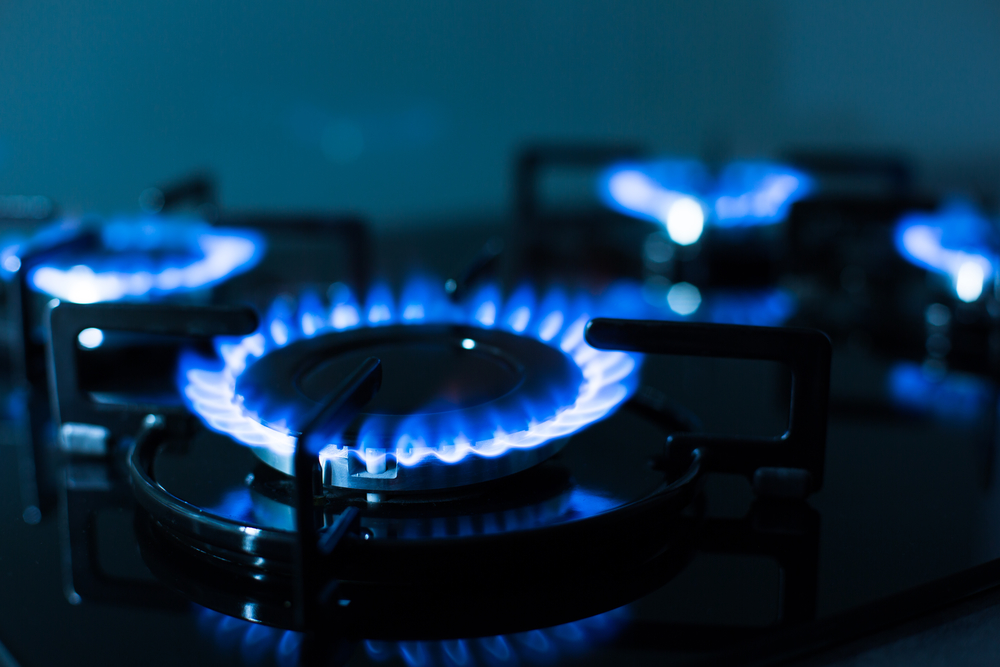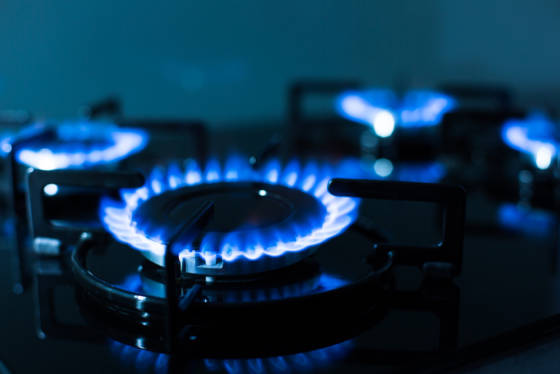As gas bills rise, more households fall victim to ‘energy poverty’


Some 550,000 households in the Netherlands are living in ‘energy poverty’ because they have high bills, poorly insulated homes and low incomes, research institute TNO says in a new report.
The problems are concentrated outside the main urban areas, particularly in northern parts of Groningen and Drenthe, as well as parts of Zeeland. ‘These areas have a relatively large number of people on low incomes and homes where, you could say, the wind just blows through,’ researcher Peter Mulder told broadcaster NOS.
The Netherlands has 6.1 million households, meaning around 7% fall into the ‘energy poverty’ category.
‘Our research shows almost half of the [energy poverty] households live in houses which have not been properly insulated but can do little about it,’ Mulder said. ‘Many of them don’t currently have a problem with paying their energy bills but some of them may do if gas prices go up.’
Focusing on improving insulation will prevent more households getting into trouble and stimulate the transition to a sustainable energy system, he said.
Meanwhile, energy giants Vattenfall and Eneco say there is nothing they can do about mounting energy prices in the Netherlands, news website Nu.nl said on Thursday.
Both gas and electricity are becoming increasingly expensive in the Netherlands, due in part to the shortage of supply and in part to tax. Consumers with a contract for variable energy prices will be first to feel the impact of the increases, the companies said.
Eneco has urged the government to half the current level of tax on electricity but not gas, arguing that higher gas taxes are needed to ensure people continue to invest in making their homes more energy efficient.
Transport costs
Vattenfall too blames tax for some of the problem. ‘A large part of energy bills is down to tax and transport costs,’ a spokesman said. ‘If our government wants to act they can, but it is a political decision.’
Spain has already acted to curb the increases by creaming off cash from energy firms which make excessive profits and introducing a maximum price for gas, Nu.nl said.
Britain too is reportedly considering bringing in a windfall tax on energy companies. Several small British suppliers have collapsed in recent weeks because they had not taken precautions to head off soaring prices.
Thank you for donating to DutchNews.nl.
We could not provide the Dutch News service, and keep it free of charge, without the generous support of our readers. Your donations allow us to report on issues you tell us matter, and provide you with a summary of the most important Dutch news each day.
Make a donation